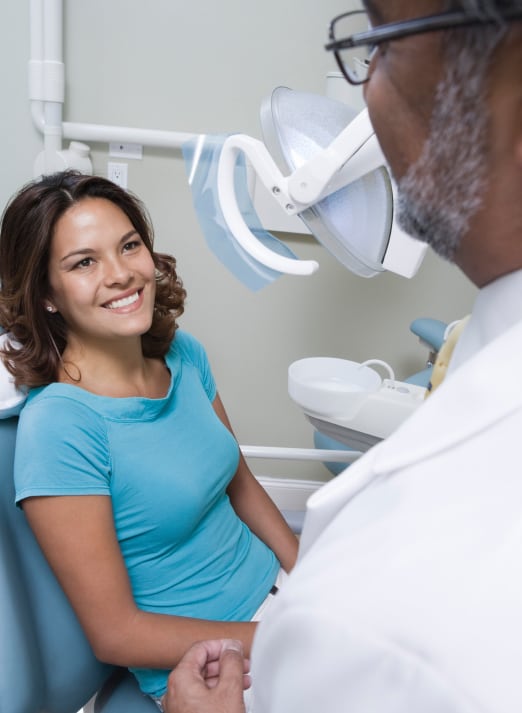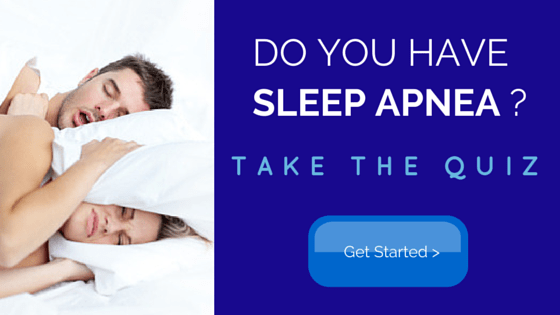Top Reasons to See a Dentist for Snoring Treatment in Philadelphia

No matter how severe your snoring, it’s important to know that there are numerous treatment options available to you. In this blog, the dental sleep specialist at eos dental sleep will address the top reasons to see a dentist for snoring treatment in Philadelphia.
How can a dentist fix my snoring problem?
When most people think of snoring’s causes, they think of the nose and the throat – the structures through which turbulent air flows at night, creating the noisy sounds we know as snoring. Therefore, you might assume that a doctor who deals with the nose and throat (also known as an otolaryngologist or ENT doctor) would be the best type of physician to help you with your problem. However, snoring can be caused by numerous factors, some of which revolve around your mouth structure and tongue. Because of this, a dentist can be an ideal doctor to treat many patients for snoring. Specifically, the type of dentist you’ll want to see is a dental sleep specialist – a specially trained dentist with expertise in the treatment of snoring and sleep apnea.
Why should I see a dentist for my snoring treatment in Philadelphia?
There are a number of reasons why you should consider seeing a dentist for snoring treatment. The Philadelphia snoring specialist at eos dental sleep will be able to:
- Evaluate your snoring condition, your symptoms and your mouth and throat structure in order to determine the underlying causes of your snoring
- Recommend that you undergo a home sleep study, also known as a polysomnography, in order to accurately diagnose suspected obstructive sleep apnea
- Prescribe a non-invasive, comfortable snoring treatment called oral appliance therapy; oral appliance therapy is an effective CPAP alternative that repositions the jaw and stabilizes the tongue in order to open the airway and prevent obstruction
- Provide ongoing care to assess the treatment of your condition and the effectiveness of oral appliance therapy; your dental sleep specialist will also be able to make adjustments to your oral appliance to ensure that it will continue to be effective year after year
Why is snoring treatment so important?
Aside from the reduction in snoring intensity that comes along with snoring treatment – which in and of itself can be a huge relief for those who sleep within earshot – snoring treatment brings tremendous benefits to the snorer as well.
Snoring symptoms that can be improved with oral appliance therapy include:
- Daytime sleepiness
- Recurring morning headaches
- High blood pressure
- Memory loss
- Depression
- Irregular heartbeat
- Hormonal issues
Where can I find a dentist in Philadelphia for snoring treatment?
If you are a chronic snorer evaluating your treatment options, you have nothing to lose by learning more about oral appliance therapy at eos dental sleep offered at our practice location in Center City, Philadelphia.
Get started today by filling out the schedule an appointment form right on this page or by contacting us to schedule your consultation. We look forward to explaining the diagnostic and treatment options our practice can provide to effectively manage your symptoms and help you sleep better!
Still not sure whether it’s simply snoring or something more? Click below to take our short diagnostic quiz to determine your level of risk for sleep apnea.

